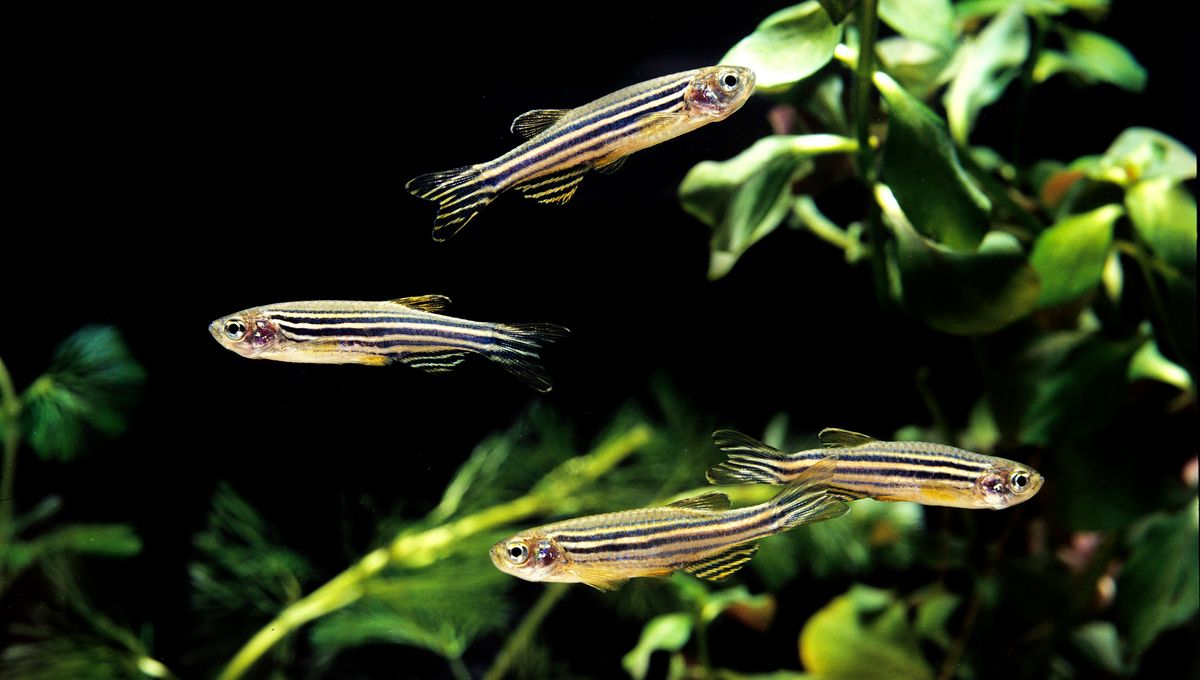
A bunch of evidence has shown that ketamine could be used in therapy for depression, although how it achieves this remains somewhat unclear. In a new study, tiny zebrafish suffering from a sense of exhaustion and futility might provide some clues.
Ketamine is often half-jokingly called a “horse tranquilizer” because of its use in veterinary medicine, but that label vastly underplays its significance and potential. It’s a dissociative, used as an anesthetic and painkiller, not to mention a recreational drug that’s illegal in many parts of the world. Unlike other anesthetics that fully suppress consciousness, ketamine creates a sense of dissociation, meaning the mind separates from physical sensations.
In recent times, a considerable amount of evidence has hinted that the drug could also be used to treat people with depression. It seems that transient or one-off exposure to ketamine can spark lasting changes in behavior and mood, most notably in individuals with depression that has failed to respond to other drugs and treatments.
To explore this idea, scientists at Harvard University and the Howard Hughes Medical Institute dosed zebrafish with ketamine to see how they responded to struggle and futility. Yep, even tiny fish can experience a sensation that’s (arguably) comparable to helplessness.
The researchers simulated this by setting up a tank that makes the fish think they are swimming but are failing to move forward. Initially, the fish respond by increasing their tail movements, but over time, they become stressed and eventually give up.
The team dosed the water with a small amount of ketamine. Once the “high” had gone, they retested the ketamine-treated fish and found they took significantly longer to stop their tail movement. In other words, they kept going despite the struggle.
“They still sense that something is wrong, but they don’t give up. They keep trying a lot longer,” Marc Duque Ramirez, first author of the study and graduate student at Harvard, said in a statement.
The scientists went a step further and even managed to perform whole-brain imaging on the translucent fish during the experiments. This showed that the ketamine greatly increased the amount of calcium signaling in the brain’s non-neuronal astrocyte cells.
It appears that astrocytes are involved in processing signals that tell the fish when to give up after too many futile attempts to swim. When these signals build up, they trigger calcium changes in astrocytes, which eventually stop the swimming.
Ketamine seems to affect this process and, according to the researchers, suggests that astrocytes may play a key role in ketamine’s antidepressant effects.
“The general idea is that these astrocytes in the fish hindbrain, they integrate noradrenergic futility signals over time. If there had been a lot of futile swims in a short period of time, norepinephrine would trigger increases in intracellular calcium in glia, and once glial calcium reaches a certain threshold, it activates an inhibitory population that suppresses swimming. If ketamine is changing the giving up behavior by tapping into this circuit, we could learn something new about how ketamine acts in the brain,” explained Duque Ramirez.
Ketamine’s promising potential to ease depression is one of the reasons why its use has recently skyrocketed in the US and elsewhere. However, bear in mind that the science isn’t fully settled and, like any prescription drug, it should be used with caution and under professional supervision.
The study is published in the journal Neuron.
The content of this article is not intended to be a substitute for professional medical advice, diagnosis, or treatment. Always seek the advice of qualified health providers with questions you may have regarding medical conditions.
Source Link: Ketamine's Potential To Treat Depression Beautifully Shown In Struggling Zebrafish